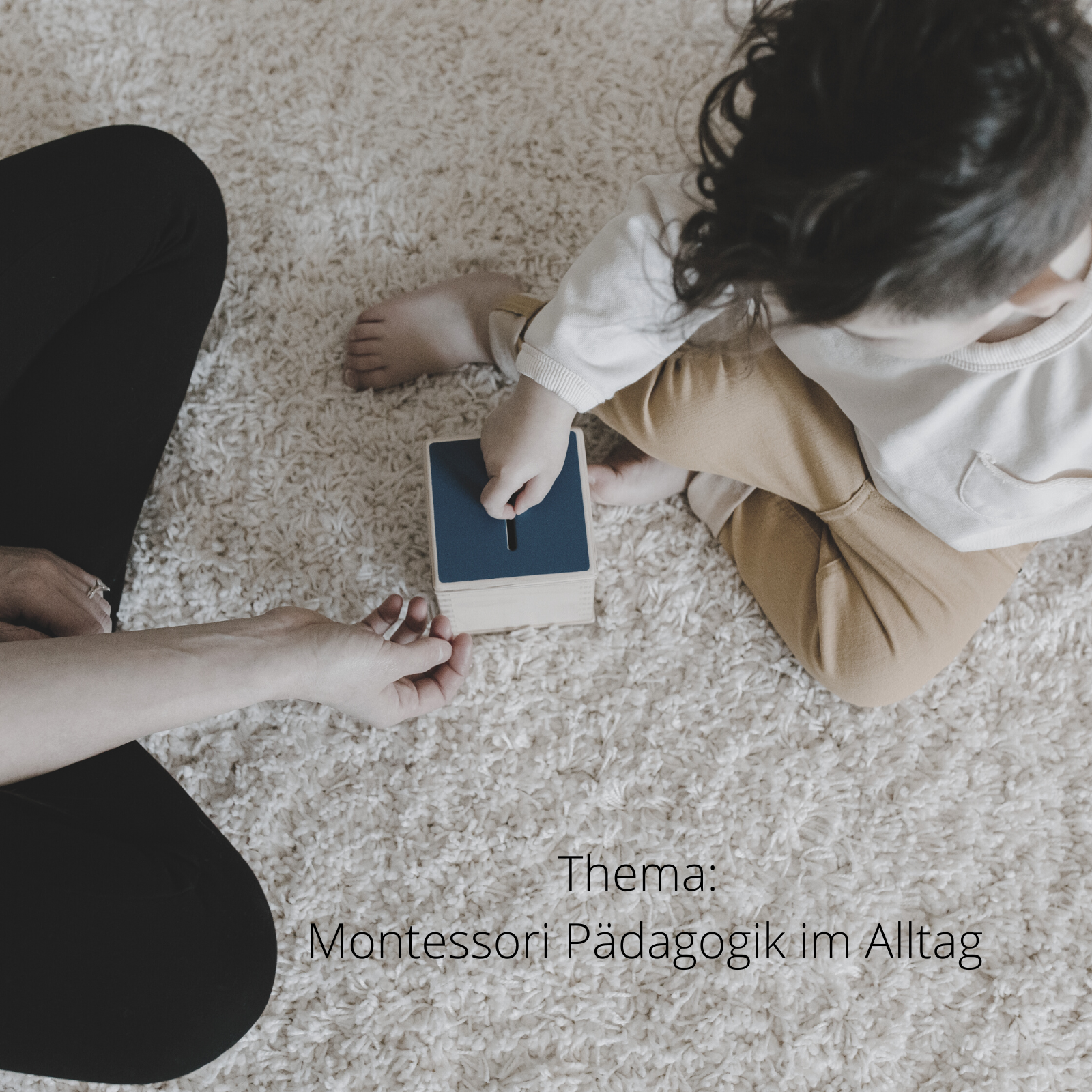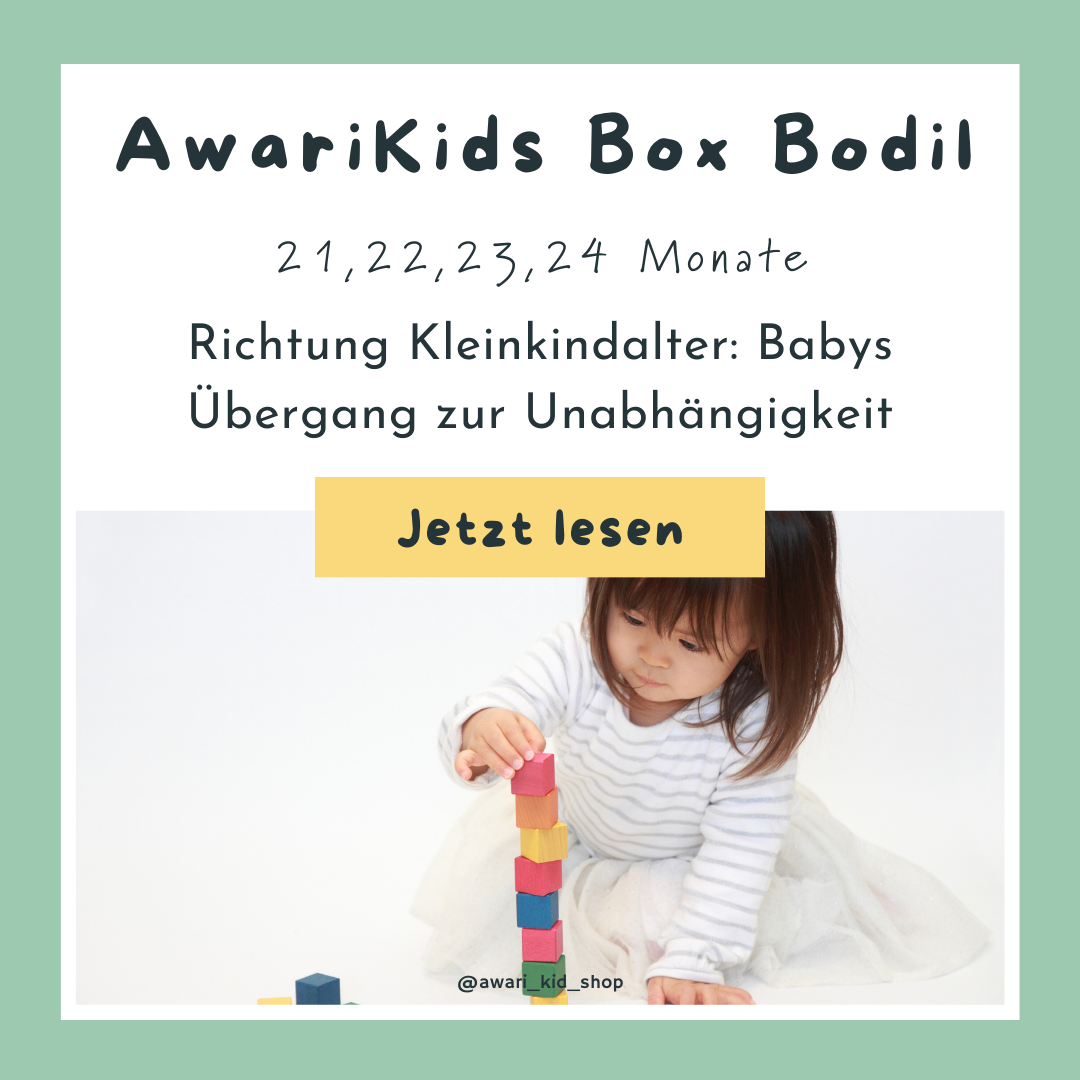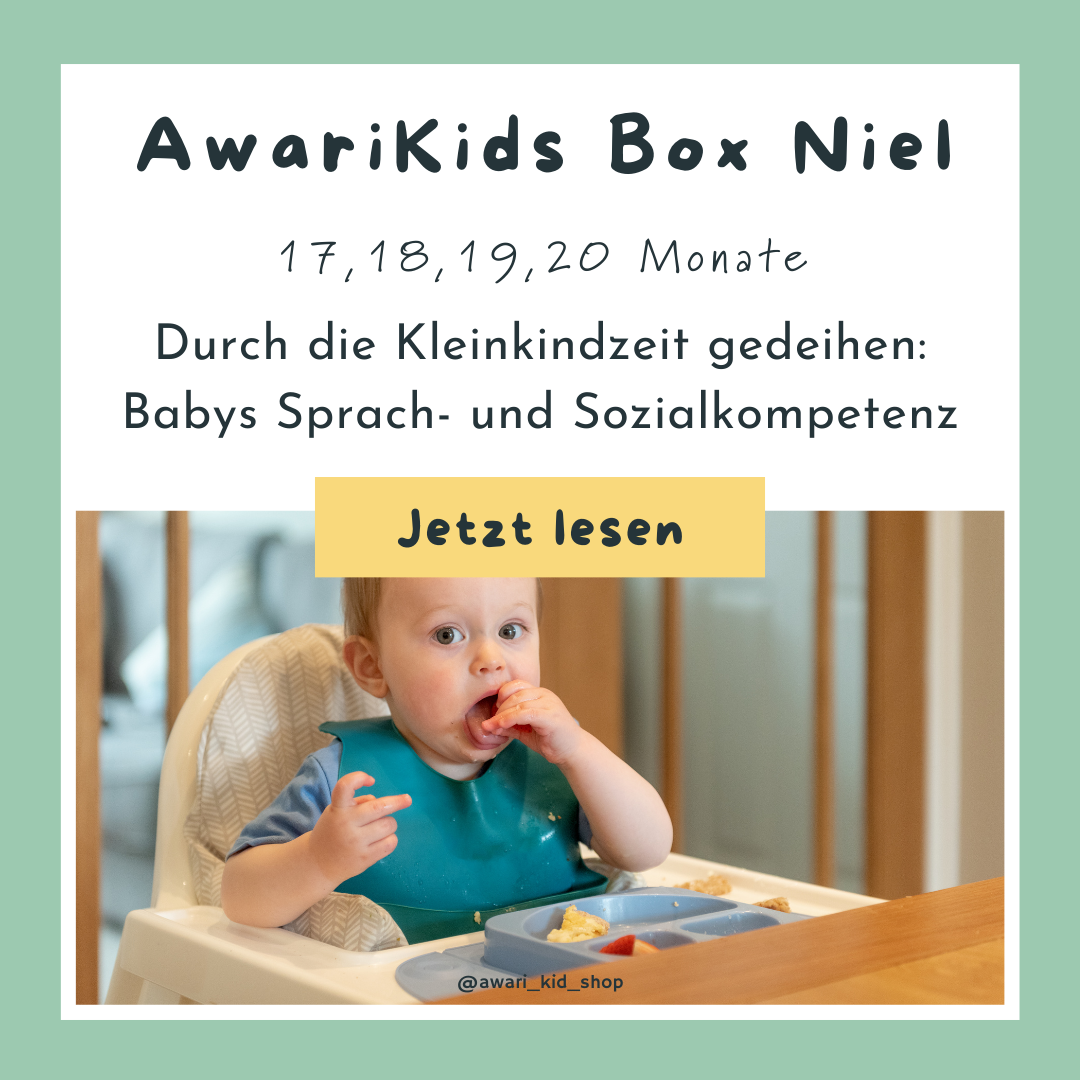Montessori in everyday life
The goal of Montessori pedagogy is to support the child so that it can grow into an independent, self-sufficient and happy personality. Of course, this is not only possible in institutions, but also in your own four walls. Montessori can take place anywhere and with a few little tricks you can easily integrate it into your everyday family life:
- Customize your language
According to Maria Montessori, there is no right or wrong in a child's development. Every child is different and so is their approach to certain things. This in turn means for your everyday life that you should avoid telling your child that they did something right or wrong. For example, if your child put their shoes on backwards, tell them "now you put your left shoe on your right foot."
- Give your child space
Let your child do as much as possible independently! Especially when there is time pressure, parents are inclined to do things that children want/can do for them independently, because it is faster that way. When in doubt, it always takes a little longer for your child to do things on their own. But it will pay off in the long run. If possible, always plan a little more time for everyday things (such as getting dressed) and give your child the opportunity to do them independently and at their own pace.
- Proper presentation of toys
We cannot give you a clear answer to the question of how many toys a child needs. However, what we can advise you, do not overwhelm your child with too many toys. Rather find a few toys/Montessori materials that your child currently likes to work with and then place them in the children's room/play area so that your child can take them independently. Open shelves or baskets are best suited for this, so your child can get their own overview of what they have to choose from and take the toys themselves.
- Trust your child
Parents are often very cautious or anxious when it comes to letting children do things independently or for the first time. But in Montessori pedagogy it is important to trust your child a lot. As a result, your child will become more self-confident and dare to do more and more things independently.
- Get out into nature as often as possible
According to Maria Montessori, children should observe and explore their environment and nature up close and with all their senses. Therefore, take your child outside as much as possible. Discover nature extensively. Even if your child's motivation may not be as high, try to spend as much time as possible with your child outside. Your child will benefit from it.
- Everyday objects can be the perfect Montessori materials
Of course there are Montessori materials that are perfect for your child to engage with. However, there are also some everyday objects that are very suitable for your child to engage with. Here are some examples:
- A small can - the pouring exercise (ideally two cans then your child can pour the water back and forth); Encouragement of eye-hand coordination, movement sequences are strengthened, the ability to concentrate is promoted
- Two bowls/one spoon - the spoon exercise (your child can "spoon" lentils/beans/rice etc. from one bowl to the other); Promotion of eye-hand coordination, control of the wrist, consolidation of movement
- Cooking tongs/barbecue tongs (your child can use these to grab objects); Promotion of eye-hand coordination, consolidation of movement, promotion of perception, promotion of endurance,
- Everyday life is full of Montessori exercises of practical life
The exercises of practical life include all activities that are necessary in everyday life. These exercises enable your child to take part in community life and to deal with their everyday environment. In addition, these exercises promote many areas of development (e.g. fine and gross motor skills, the ability to concentrate, etc.). In addition, your child can consciously perceive its surroundings and thus build up a mental order for itself. In addition, your child also learns to take initiative and responsibility. Examples of practical life exercises include:
- watering flowers
- set the table
- wipe table
- Sweep/wipe dust
- Cut fruits and vegetables
You see, Montessori pedagogy can take place around the clock and without much effort ;)



